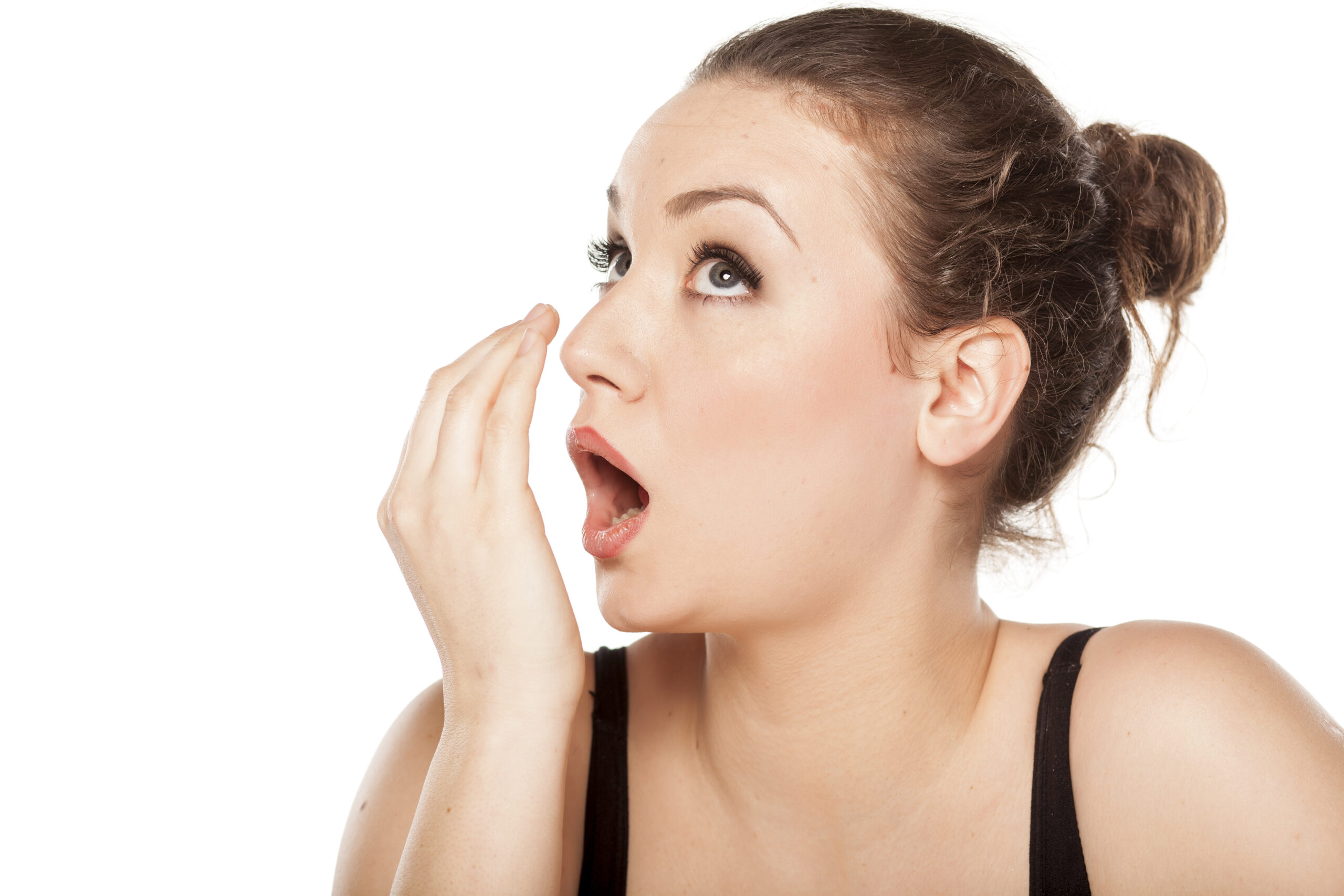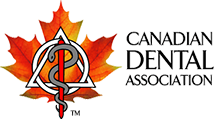Introducing Rowntree Gate Dental: Different factors contribute to unpleasant breath odors, with varying origins or underlying triggers. While many individuals experience minor instances of bad breath that can be effectively managed through a consistent oral care routine at home, certain cases necessitate the expertise of a dental professional. It’s essential to address any concerns at Rowntree Gate Dental, for your peace of mind. Here are the primary culprits behind bad breath:
Food Residue: The breakdown of food particles in and around your teeth can foster bacterial growth, leading to a foul smell. The consumption of particular foods, such as onions, garlic, and specific spices, can also lead to bad breath. Once digested, these foods enter your bloodstream, travel to your lungs, and impact your breath.
Tobacco Use: Smoking gives rise to its own unpleasant mouth odor. Smokers and users of oral tobacco are at an elevated risk of gum disease, another contributor to bad breath.
Oral Hygiene: Insufficient flossing and brushing, less than twice daily, allow food particles to linger in your mouth, causing undesirable breath. A colorless, sticky bacterial film called plaque develops on your teeth. If not removed through brushing, plaque can irritate your gums and eventually lead to pockets of plaque between your teeth and gums (periodontitis). Your tongue can also trap bacteria, generating odors. Improperly cleaned dentures can also house odor-causing bacteria and food debris.
Reduced Saliva Flow: Saliva plays a vital role in mouth cleansing, eliminating particles that cause odors. A dry mouth, or xerostomia, can contribute to bad breath as it reduces saliva production. A dry mouth commonly occurs during sleep, resulting in “morning breath,” and is exacerbated if you sleep with your mouth open. Chronic dry mouth can stem from issues with your salivary glands or other medical conditions.
Medication Effects: Certain medications can indirectly lead to bad breath by causing dry mouth, while others break down in our bodies, releasing chemicals that find their way onto our breath.
Infections: Surgical wounds following oral procedures, such as tooth extraction, or issues like tooth decay, gum disease, or mouth sores, can contribute to bad breath.
Conditions Affecting the Mouth, Nose, and Throat: Occasionally, bad breath can arise from small stones forming in our tonsils, covered with bacteria. It can also result from infections or persistent inflammation in the nose, sinuses, or throat.
Other Contributing Factors: Diseases like certain cancers and conditions such as metabolic disorders can emit distinct odors due to the chemicals they produce. Chronic acid reflux (gastroesophageal reflux disease, or GERD) is also associated with bad breath. At Rowntree Gate Dental, we’re here to assist you in addressing and managing these concerns.










